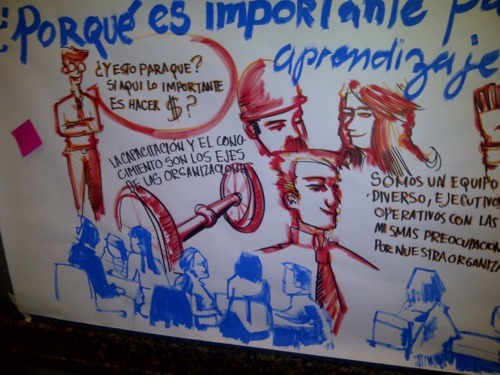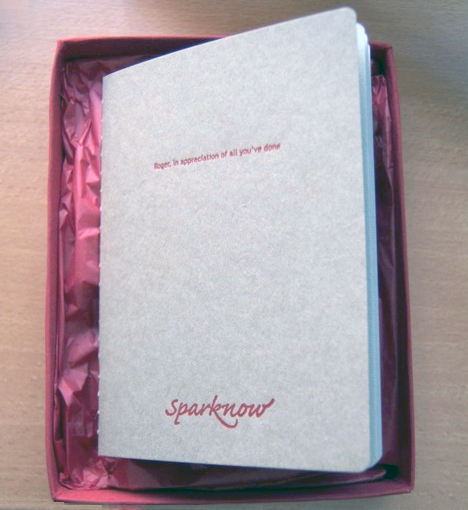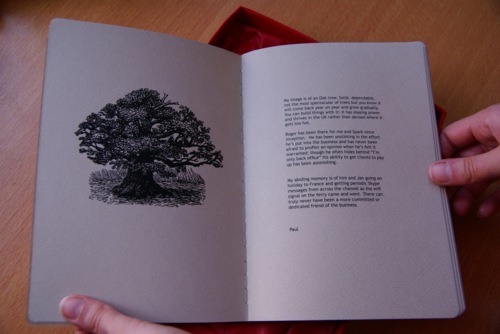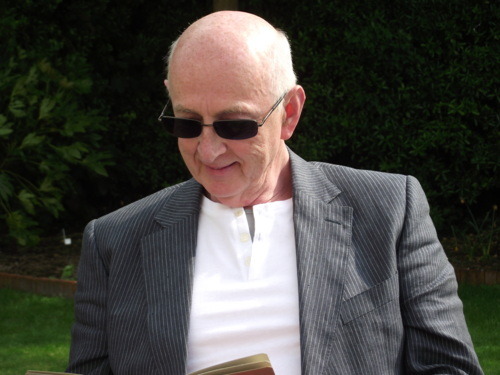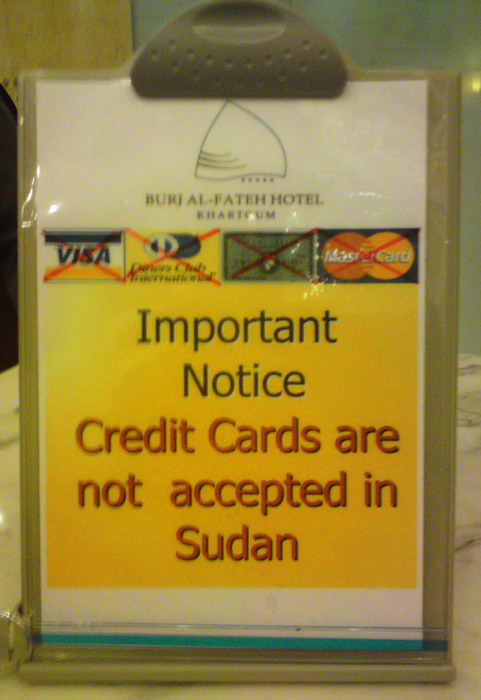Today under the ‘people I admire (and why) section of the site I posted an anecdote from a meeting I once had with the then Vice President of Mobil. It brought back recollections from a posting I made a year ago on Sparknow’s site about the value of knowledge tools for encouraging good knowledge retention and transfer. Here’s that updated posting:
Ahead of a trip to the ECCI creativity & innovation event in Portugal I was looking for examples of good knowledge transfer from km practitioners. Let me share one anecdote from an interview with Barney Smith a former CKO and CIO and champion yachtsman in response to a question on measurement.
Barney: 80% staff have attended a knowledge tour. Oh yeah, we did knowledge tours. That was cool.
Sandra: What’s a knowledge tour?
Barney: They were great! Natural England owns and manages about 0.6%% of England’s surface, its natural resource…we actually got people to leave their day job and come down literally. And rather than them doing job shadowing and things like that, we got them to build a day where staff could turn up and then could actually experience what that person does. And they could take 10-15 out. So if a person is responsible for monitoring environmental impacts around the Lundy islands, he would take people on a boat around Lundy island and looking at birds with a Lundy Warden.
Barney: Lundy (Norse for Puffin Island) is part of a Marine Conservation Zone managed by Natural England. The warden who lives on site managing it is actually an employee. We took our staff out to spend a day on the islands with the warden talking about puffins and things like that.
But the point was for those people sitting in finance or those people sitting advising farmers on agri-environment schemes or those people who are promoting or designating the South Downs national park or New Forest national park, that’s what they’re doing at Lundy. And of course that was the pilot, great stuff. But we had the chief executives and senior staff who said everyone’s got 15 development days. One of those days must be knowledge tour.
And we even created one that’s virtual. So it was actually a guy walking land with a video camera, looking at things. And then he did a talk-over. It was done like a documentary.
It reminded me of a time long past when I was a lending banker managing a portfolio of energy clients. I knew little about hydro crackers and cat crackers, even less about olefins, polyamides and bottoms all of which were about to become part of my expanding oil and petrochemical vocabulary.
My boss, a visionary and talented Yale educated and very well travelled American who could and did argue vociferously in Arabic, Cantonese and English reasoned that if I were to be of value I needed to understand the practices and language of the industry I was working alongside. So courtesy of Mobil I attended a programme designed to educate financial people into the workings and economics of oil refining.
I never thought about that week at a refinery in Paulsboro New Jersey as a knowledge tour but now looking back I can see the connection and the importance of experiencing what others do in order to make better decisions. That this was a one off initiative and never replicated by the bank was regrettable since it gave me an insight into a world that would otherwise have been opaque and because I had a modicom of knowledge, the ability to have more meaningful dialogue with my clients.
Barney’s knowledge tours have become regular events, measurable as KPI’s and part of the knowledge charter used to mobilise and shape Natural England’s approach to knowledge management. That they are built into the calendar with compulsory attendance is key.
And finally and perhaps not unrelated the Lundy Puffin is no longer on the endangered list as a result of a programme to eradicate the island of rats.


